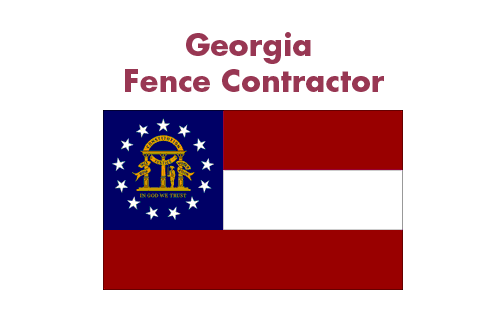Hiring a Contractor for Fence Installation in Georgia: What to Know
Hiring a contractor for fence installation in Georgia requires careful consideration of credentials, local permitting processes, Georgia’s contractor licensing rules, insurance requirements, and neighborhood or property-specific regulations.
Licensing and Insurance Requirements
Georgia law generally requires contractors to be licensed for jobs over $2,500. Contractors must carry general liability insurance (minimums depend on project type), and proof of worker’s compensation insurance is mandatory. Always ask for proof of these coverages and verify licensing status with the State Licensing Board. While “fencing” is not a specially regulated trade statewide, most reputable fence contractors maintain business licenses and insurance policies for property owner protection.
Permits and Local Regulations
Permit requirements and fence rules vary by city or county in Georgia. For example, in Atlanta, permits are needed for most new fences. Typical rules include:
- Front yard fences: Maximum height of 4 feet, must be visually open (e.g., picket or wrought iron).
- Side/backyard fences: Usually permitted up to 6 feet tall without a variance.
- Some neighborhoods or historic districts may have stricter rules and require extra approvals, including HOA consent and design reviews.
- In towns like Augusta, permits may not be needed outside designated special areas.
A professional contractor usually handles permit filings, but it is wise to confirm this responsibility in your agreement.
What to Ask When Vetting Contractors
- How long has the company been in business in Georgia?
- Can they provide local project references or examples?
- Are they licensed and insured? (Request copies for verification.)
- Do they offer workmanship warranties?
- Who manages permitting and HOA approvals?
- What is their process for marking property boundaries and avoiding utility disruptions?
Property Boundaries and Utility Checks
A quality fence installer in Georgia should verify property lines and mark underground utilities before starting work to prevent disputes or damage. DIY installations may risk crossing boundaries or cutting utility lines, so professional experience is a major benefit.
Georgia Fence Law and Neighborhood Rules
State guidelines defer most specifics to municipalities, so always check your local city or county code regarding fence height, materials, and placement. For neighborhoods governed by HOAs, confirm that the contractor is approved or familiar with your community rules as well.
Selecting a licensed, insured, and experienced contractor who understands both state regulations and local ordinances will help ensure your Georgia fence installation is compliant, reliable, and durable.

